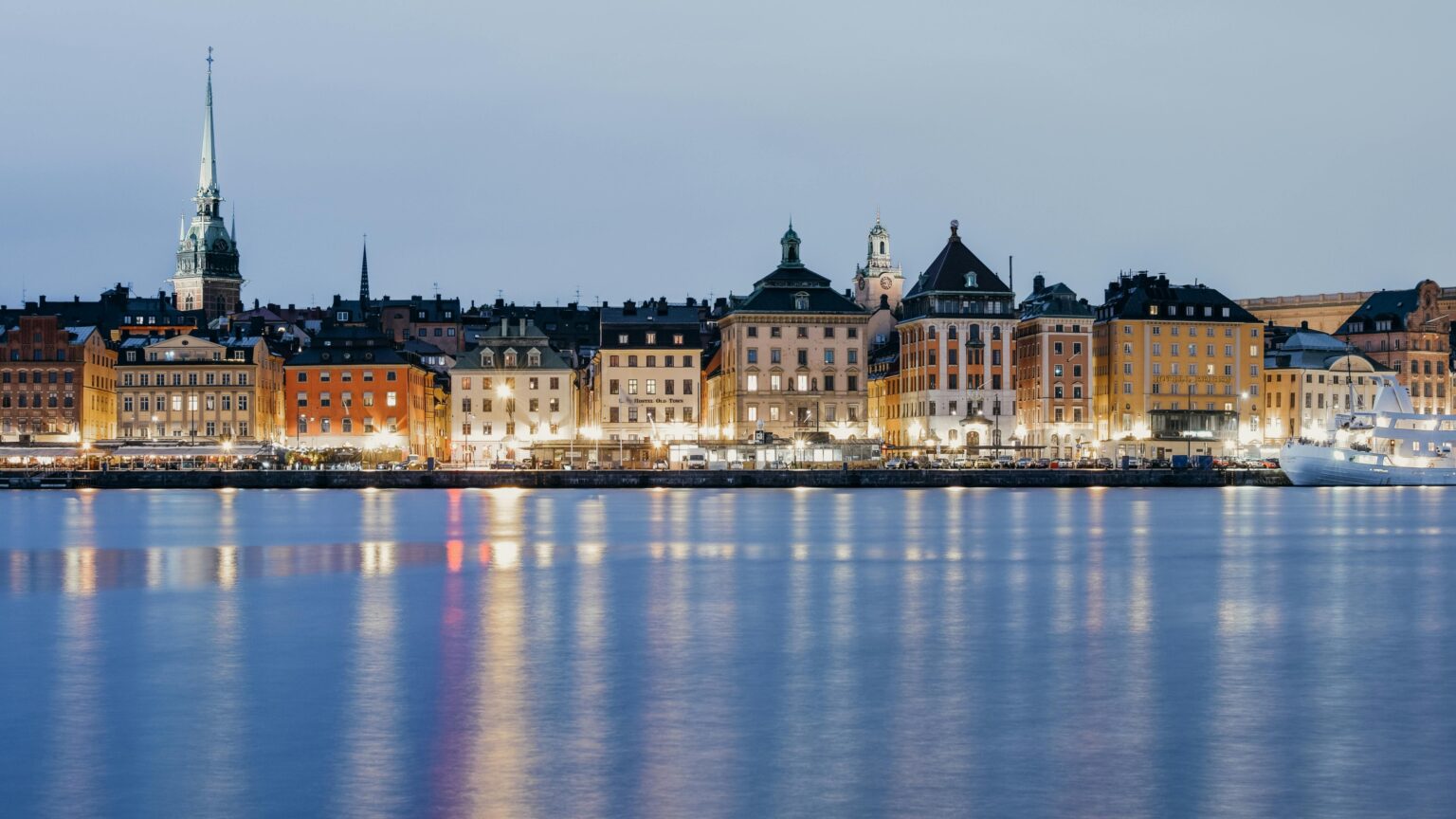
‘Today, as geopolitical unrest combines with the clear emergence of new right-wing currents across Europe and beyond, our contemporary era increasingly resembles the era in which Rudolf Kjellén (1864–1922) was active. There are, therefore, good reasons to return to the Swedish founder of geopolitics and his views on conservative politics and international relations.’

Prime Minister Viktor Orbán said the government will cover 30 per cent of households’ January energy costs after extreme cold weather, warning that ending the utility price cap would double or triple bills and threaten energy security.
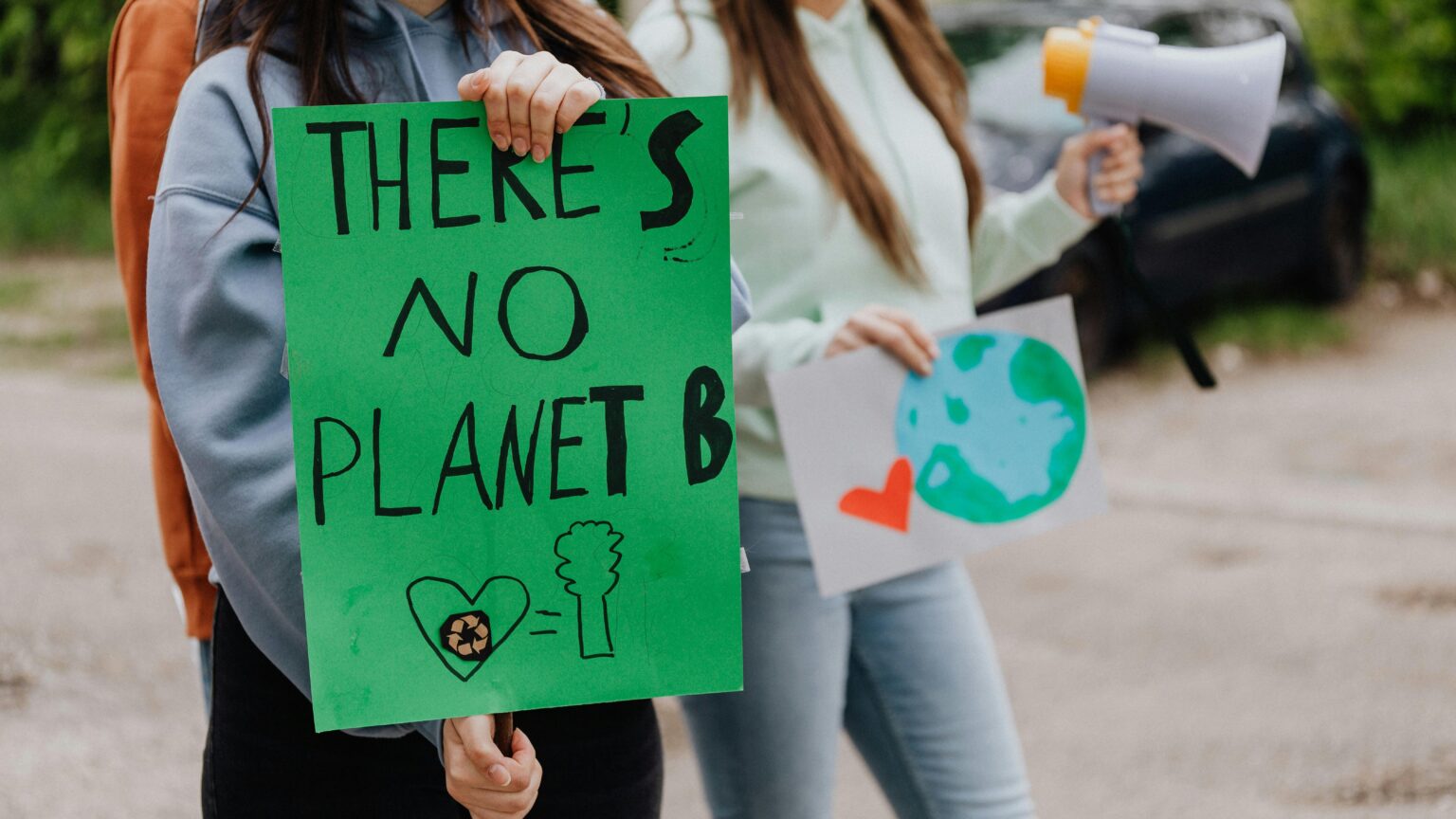
‘As the latest voting results from the European Parliament demonstrate, neither the climate nor the quest for electoral victory is well served by sacrificing balanced judgment and political realism on the altar of activism and virtue signalling.’

Balázs Csercsa, who ran the religious affairs task force for the Tisza campaign, announced his departure from the party earlier this month. Then, he talked to Index in a tell-all interview in which he claimed that the leaks about the party’s austerity plans are authentic, Tisza is hiding their actual plans from the public, and described Péter Magyar’s leadership style as ‘autocratic’, among other bombshell revelations.
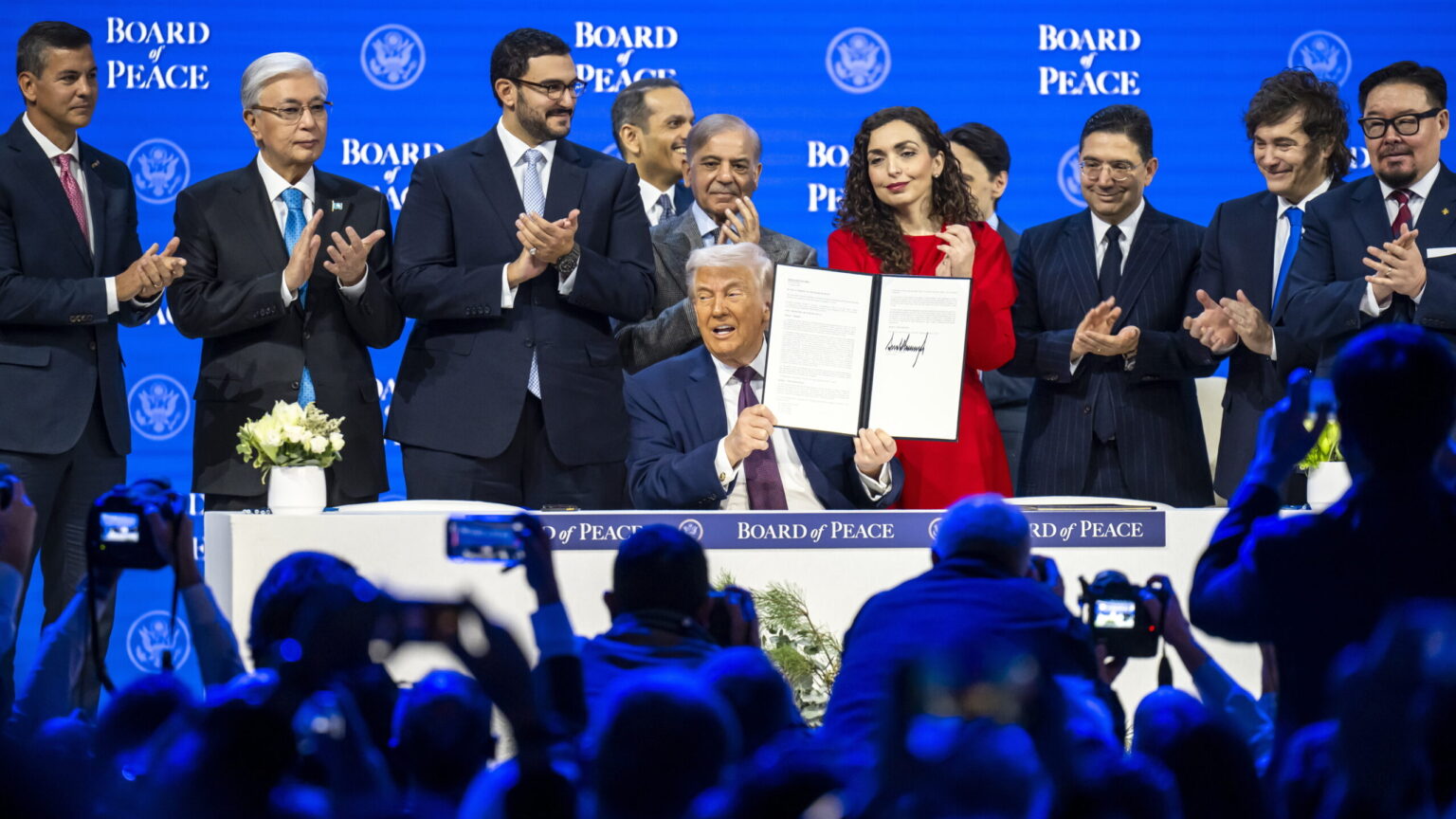
Donald Trump’s Board of Peace is not merely a new diplomatic forum, but a deliberate attempt to replace the United Nations’ paralysed conflict-resolution role. Designed to bypass vetoes and institutional capture, the initiative could weaken China’s leverage at the UN and drive Moscow away from Beijing.
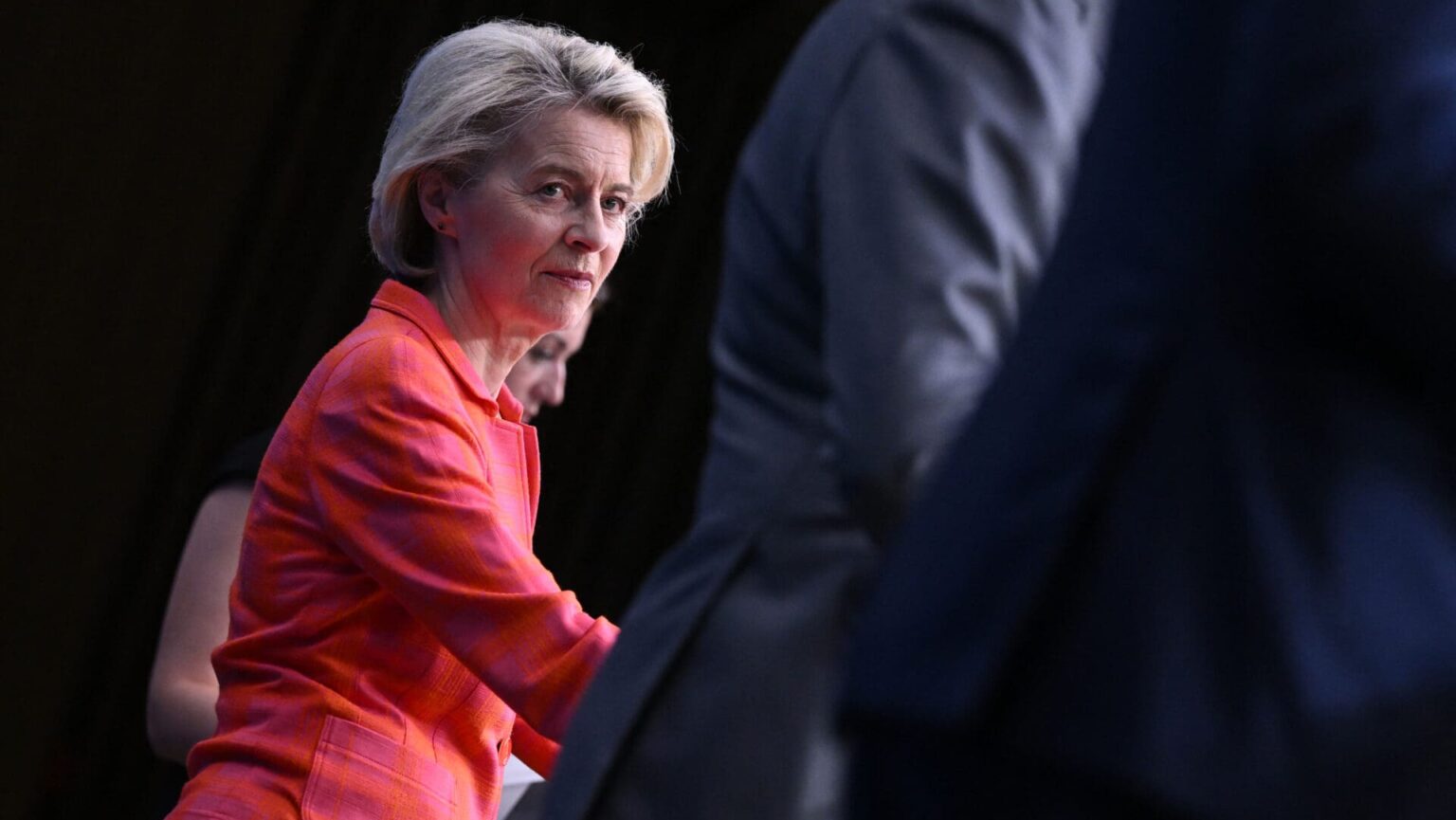
Brussels is considering admitting Ukraine to the European Union as early as 2027, before accession criteria are met, according to Századvég, whose latest survey finds that three quarters of EU citizens oppose the initiative.
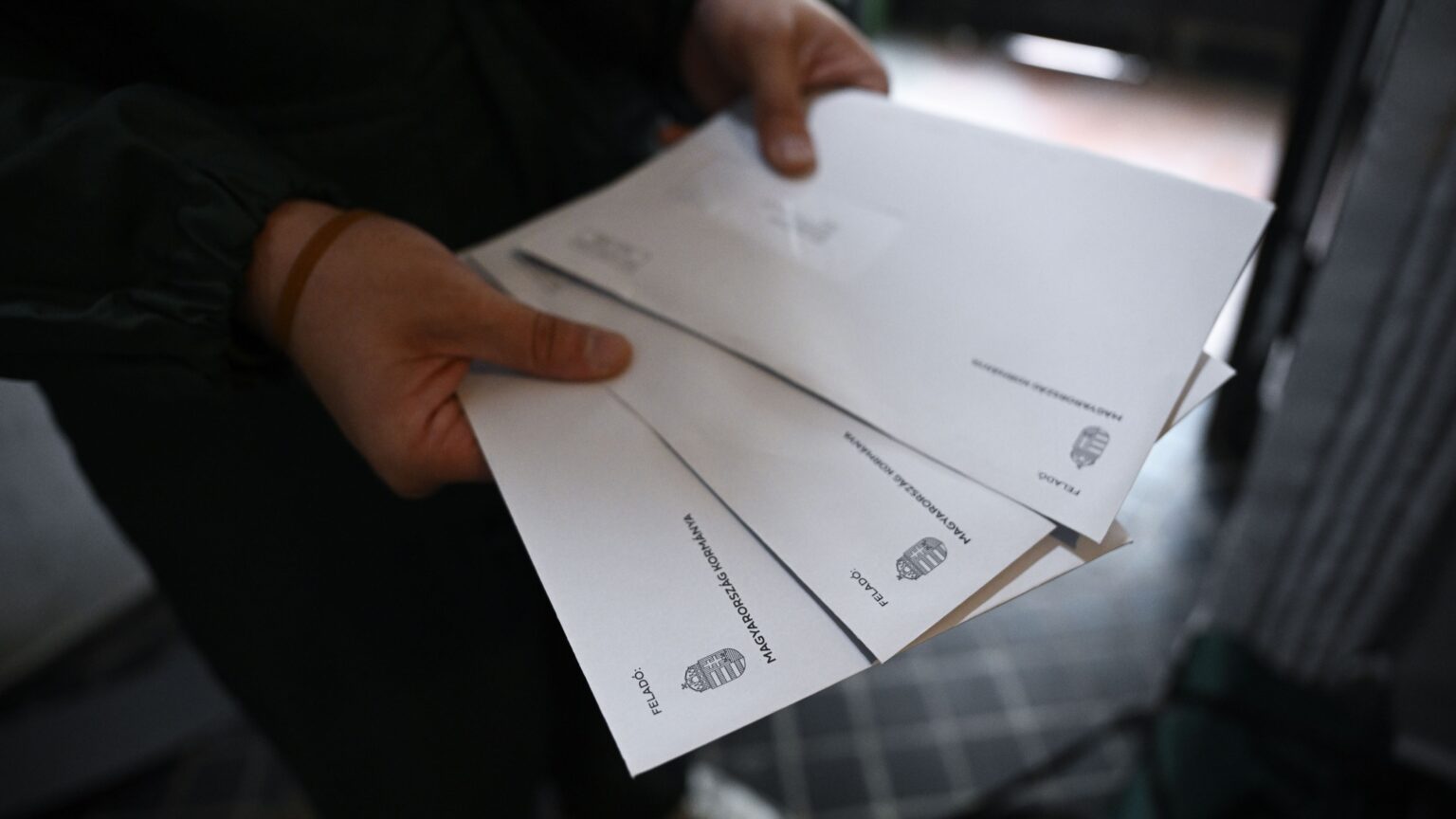
Hungary’s government has announced the launch of a national petition campaign urging citizens to reject EU plans to fund the war in Ukraine, Ukraine’s long-term operation and higher energy costs linked to the conflict.

‘You can talk all you want about international niceties and everything else. We live in a world…that is governed by strength, that is governed by force, that is governed by power.’
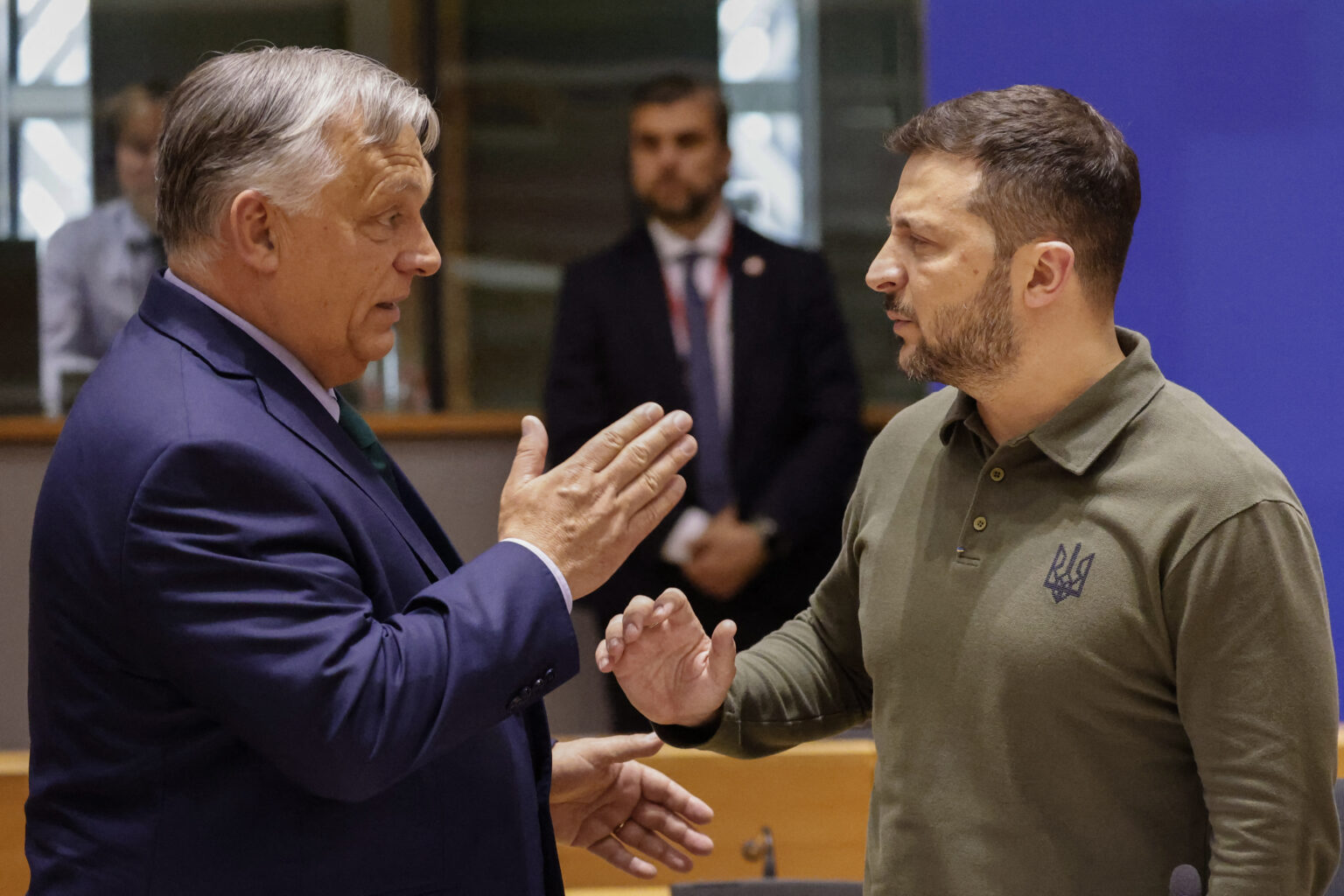
Viktor Orbán has warned that Ukraine is trying to influence Hungary’s election by escalating attacks on his government over EU accession and war funding. After Zelenskyy said leaders like Orbán ‘deserve a smack’, FM Andrii Sybiha accused Budapest of serving Putin and likened Orbán to WWII-era far-right leader Ferenc Szálasi. Hungary says both Brussels and Kyiv are interfering in April’s vote.

‘It is fair to say that, since its independence, Lebanon has rarely experienced a decade without facing either internal or external conflict. This reality helps explain why Lebanon’s economy has persistently struggled and why it is one of the few countries in the world where the size of the diaspora exceeds that of the domestic population, at an estimated ratio of three to one.’

‘The coming years will…not be about returning to the past, but about shaping a stable future—one in which nations remain the cornerstone of international order, cooperation remains possible without coercion, and Europe remains strong precisely because it respects the sovereignty of its members.’
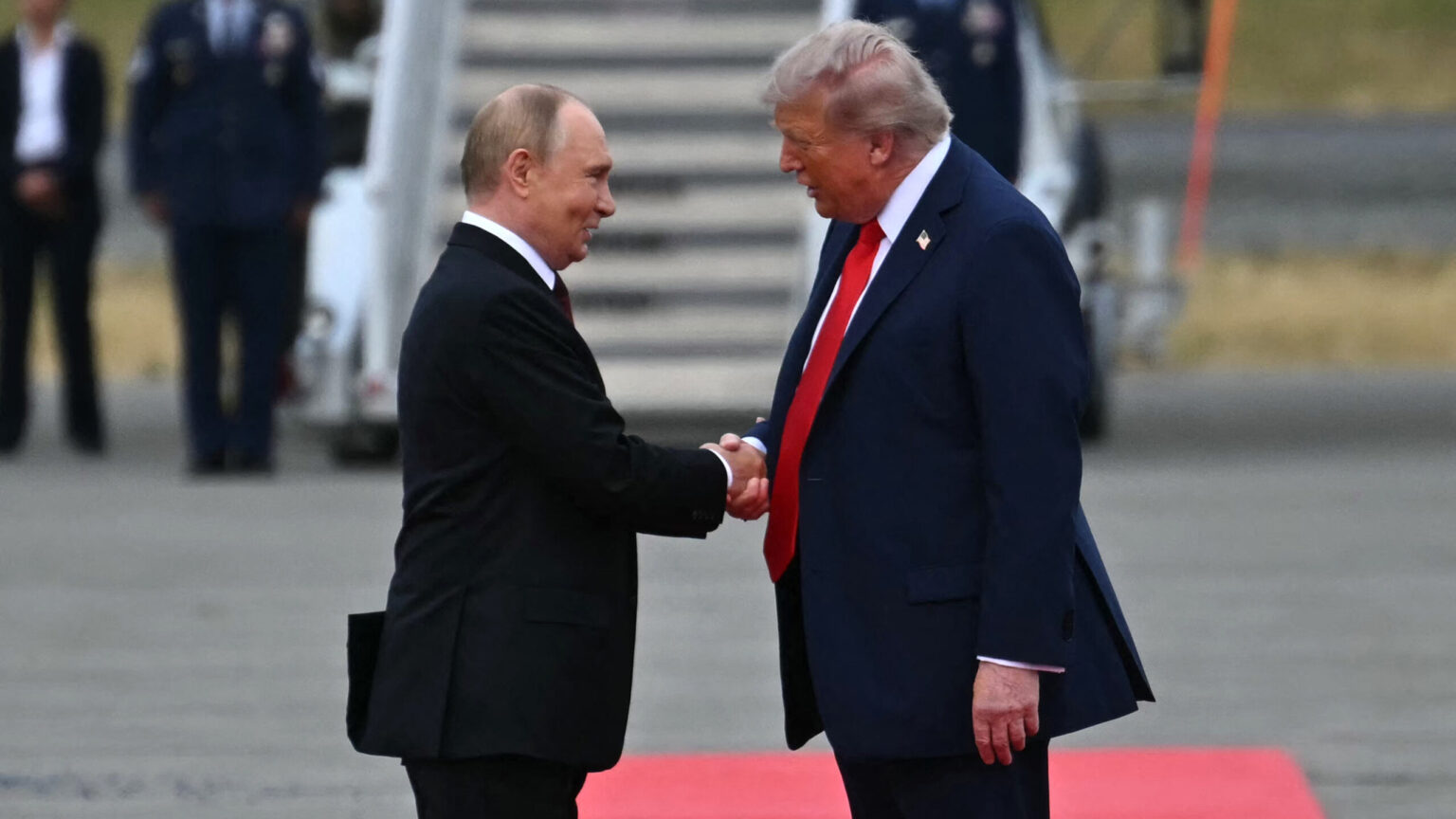
‘This is no longer a world of unilateral dictates, but a multipolar system of alliances defined by agreements, intensive trade, and technological competition. A US–Russian alliance is central to this, symbolized by the meeting of Presidents Trump and Putin in Alaska—a place that was once Russian territory, is now a US state, and may become the symbolic cornerstone of a historic strategic partnership.’
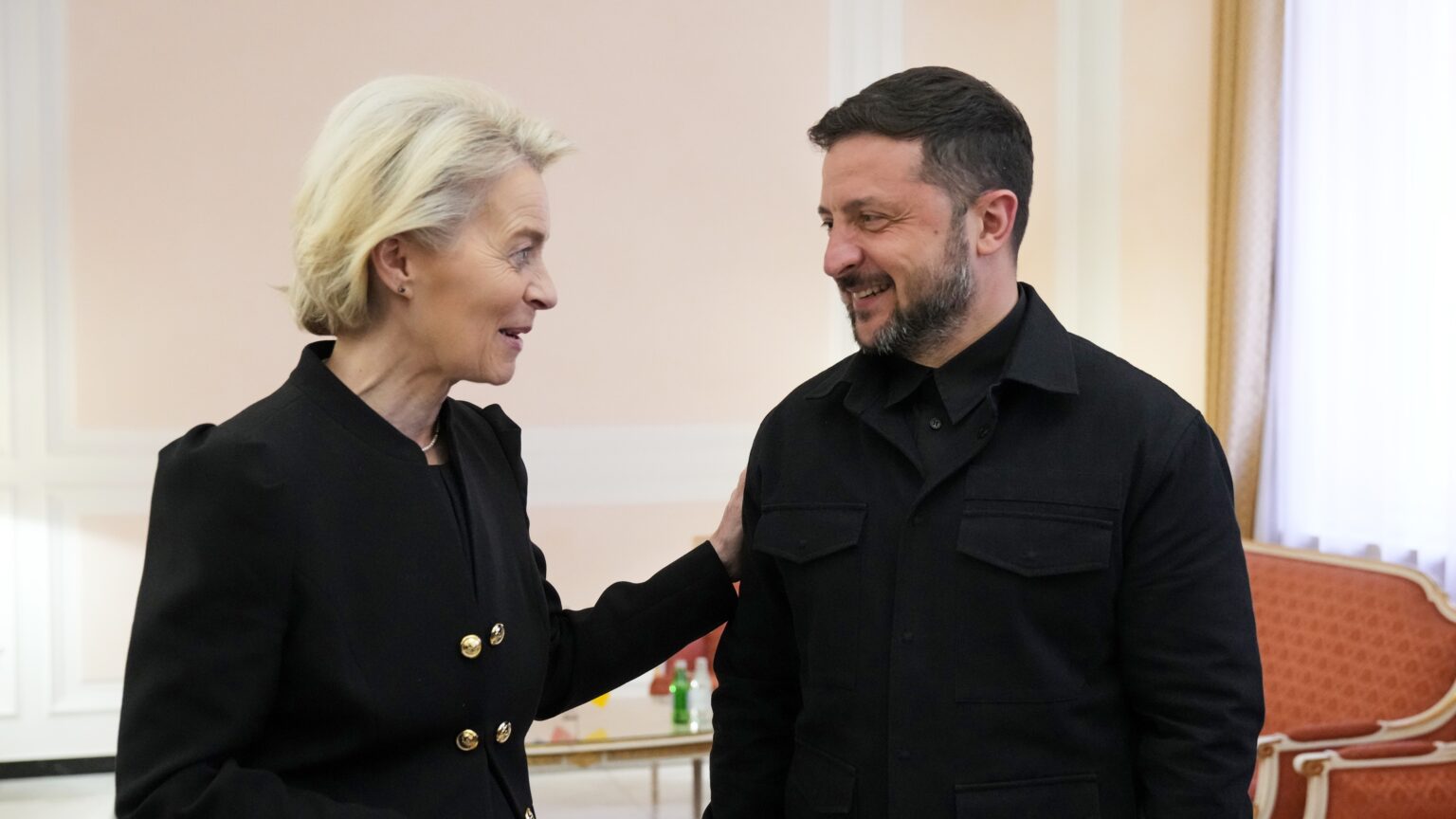
Hungarian Conservative and POLITICO have obtained an 18-page document shared with the attendees of the EU Summit in Brussels, which propses $800 billion to be raised in public and private grants, debt, and investment to fund the recovery of Ukraine after the war in the next ten years. Prime Minister Viktor Orbán of Hungary has forcefully spoken out against the plan.

46 per cent of Americans have a favourable view of US Vice President JD Vance, while 41 per cent have an unfavourable view of him, according to a new poll by Emerson. By comparison, his most likely 2028 rival, Governor Gavin Newsom of California, had a favourability rating of just 33 per cent and an unfavorability rating of 44 per cent. Emerson underestimated President Trump and the Republicans ahead of the 2024 election.

Hungarian news site Mandiner has revealed that István Kapitány, the Hungarian opposition Tisza Party’s new financial and energy expert, comes from Shell, a company that has made massive extra profits since the outbreak of the Russo–Ukrainian war.

A Századvég survey finds most EU citizens oppose deeper involvement in Ukraine: 51 per cent reject arms shipments, while 69 per cent oppose sending troops. Despite calls from leaders like Ursula von der Leyen and Manfred Weber for accelerated support, public opinion across most member states—including Hungary, Bulgaria, and Slovenia—remains firmly against military action.

The minister answered the question: what is the right strategy for Hungary in the constantly changing global political environment?

The European Parliament’s first 2026 plenary session saw debates on the fourth motion of censure of the Commission, the Mercosur trade deal, and Hungary’s SAFE defence fund. Von der Leyen skipped the censure debate, Mercosur was referred to the Court of Justice, and Hungary’s access to SAFE funds faces opposition over alleged ‘corruption’.
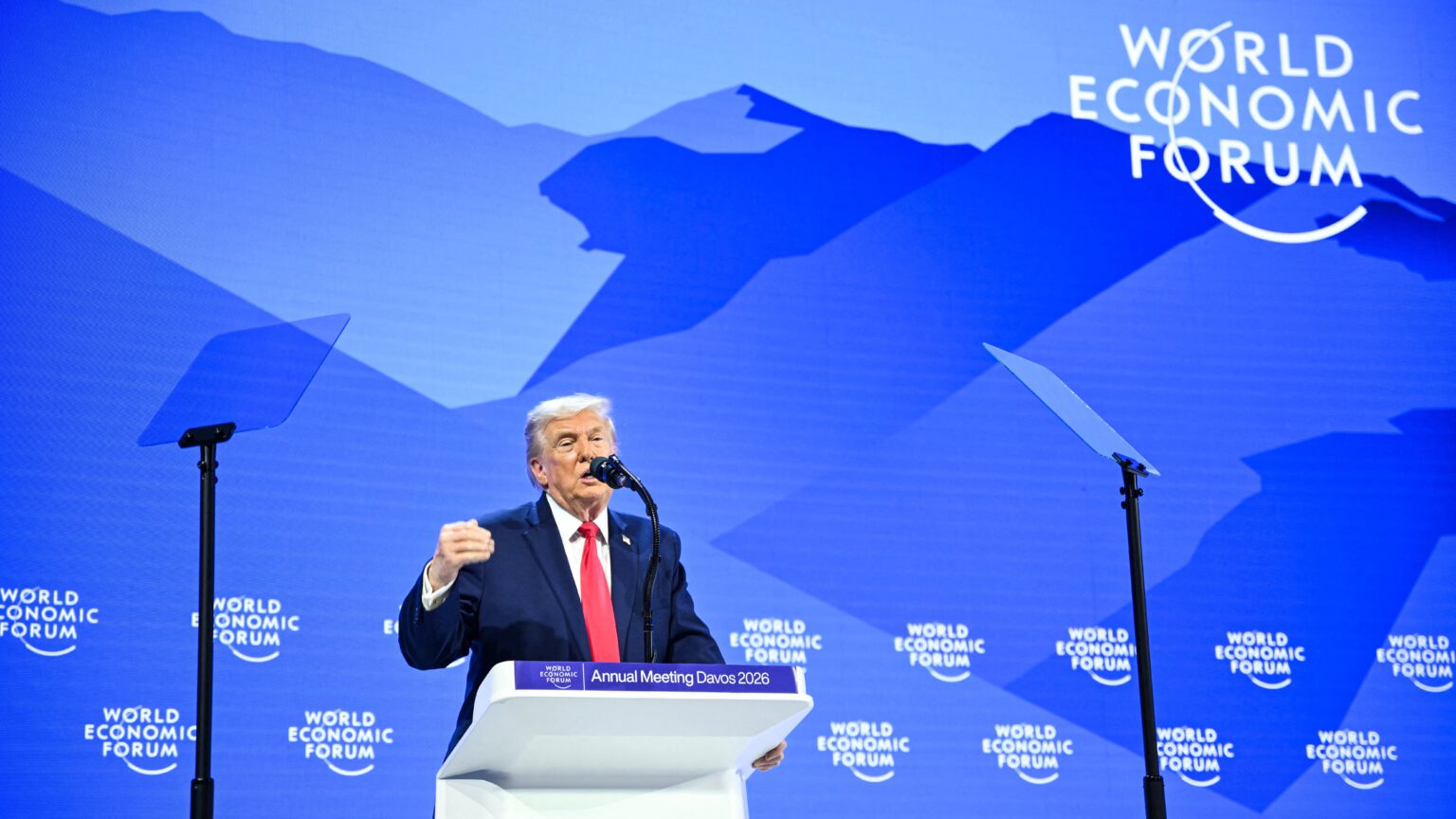
The four-day Greenland crisis ended in Davos after Donald Trump ruled out using military force to seize the island, which remains under Danish sovereignty. Instead, he signalled plans to expand the US role in the Arctic through a NATO agreement. The standoff reflects Trump’s familiar negotiating style—but what really happened?
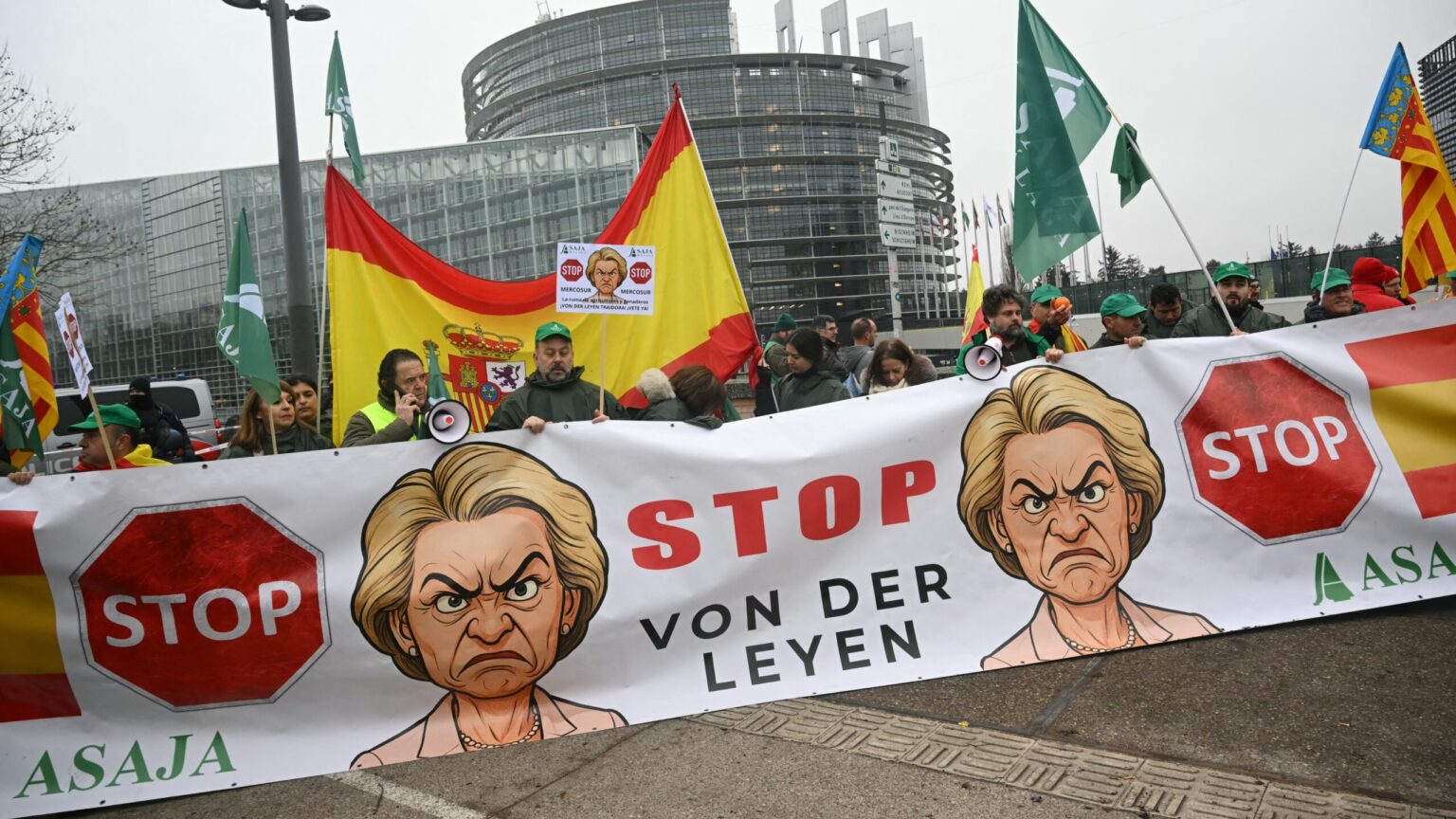
European Commission President Ursula von der Leyen faces her fourth no-confidence vote in six months on Thursday, after the right-wing Patriots for Europe tabled a new motion of censure. The vote follows a major setback for von der Leyen and the EPP, as the European Parliament sent the EU–Mercosur deal to the Court of Justice for legal review.
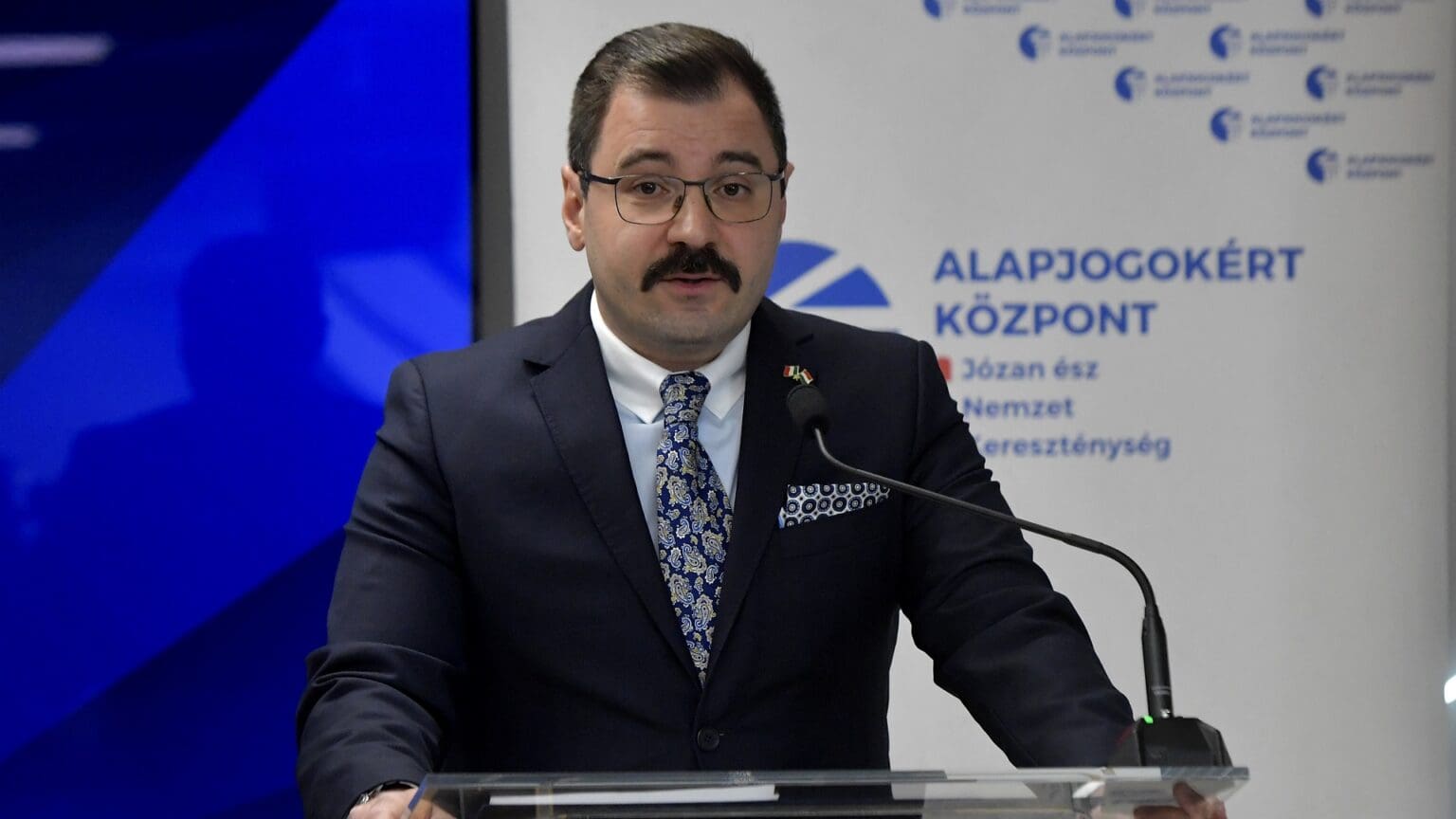
Miklós Szánthó of the Center for Fundamental Rights has accused Hungarian opposition candidate Péter Magyar of attacking his institution for revealing that Magyar’s cabinet picks and campaign team are being filled with failed left-wing politicians.
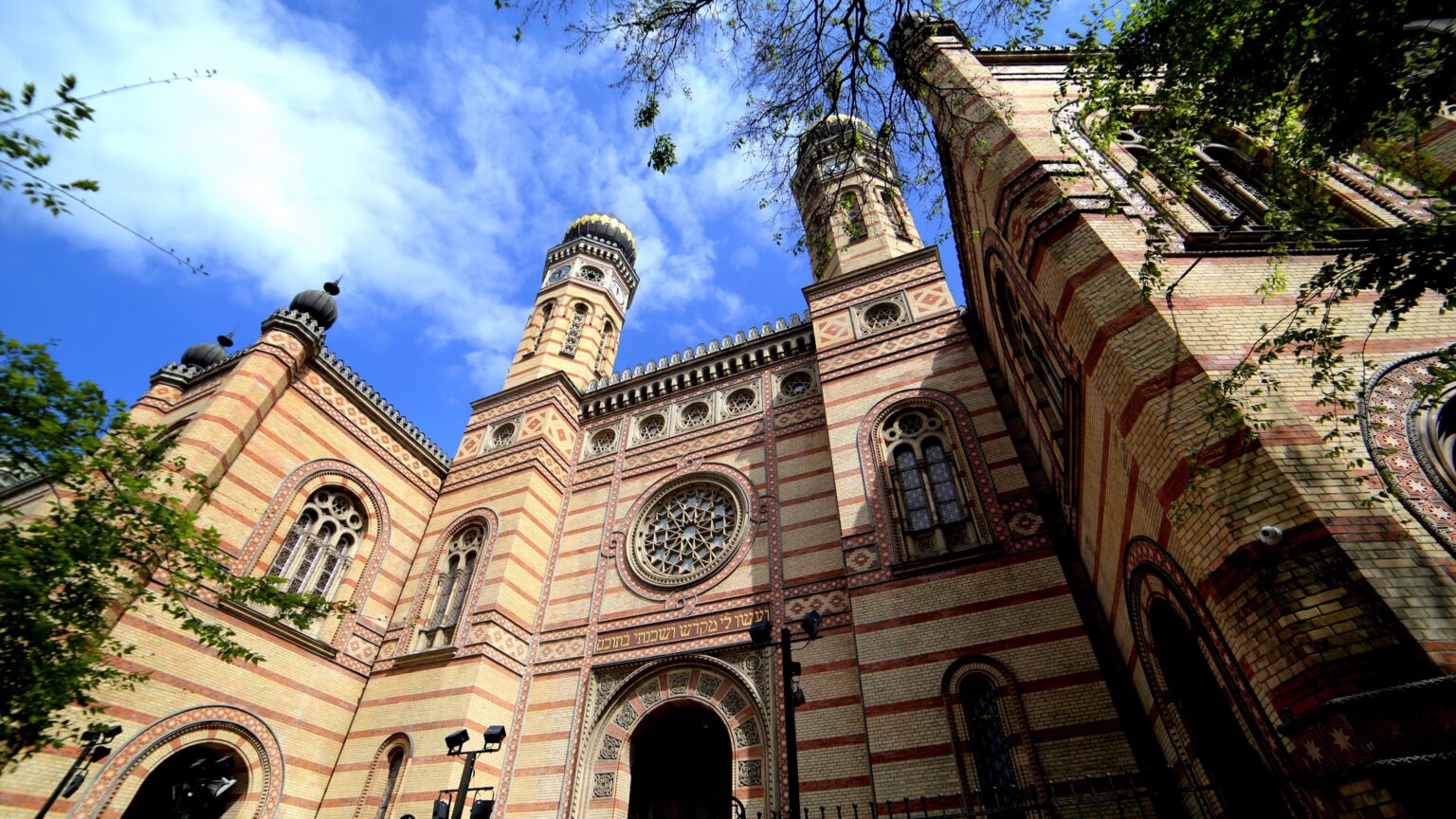
‘Indeed, if anything—as the Hungarian model demonstrates—a healthy sense of Christian nationalism and identity turns out to be protective of Jewish human rights and dignity, certainly in comparison with those Western environments shaped by secular liberalism.’
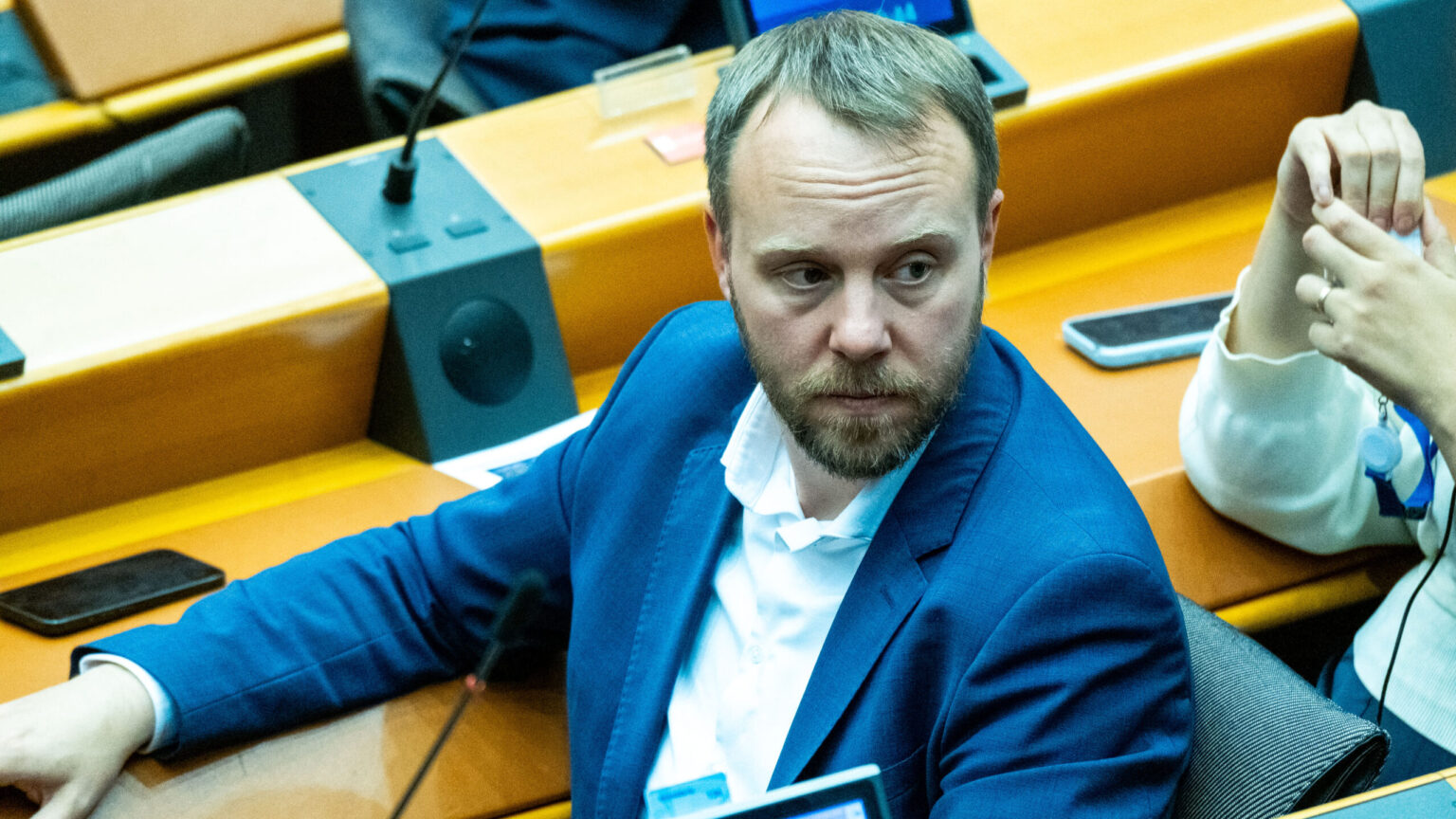
The European Parliament’s liberal–progressive camp has renewed attacks on Hungary after the Commission approved €16 billion in SAFE defence funding, with Green MEPs urging delays until after April’s election. Despite Kaja Kallas insisting funds will be audited, critics again weaponize the ‘rule of law’ to block Hungary’s military modernization and influence its election.
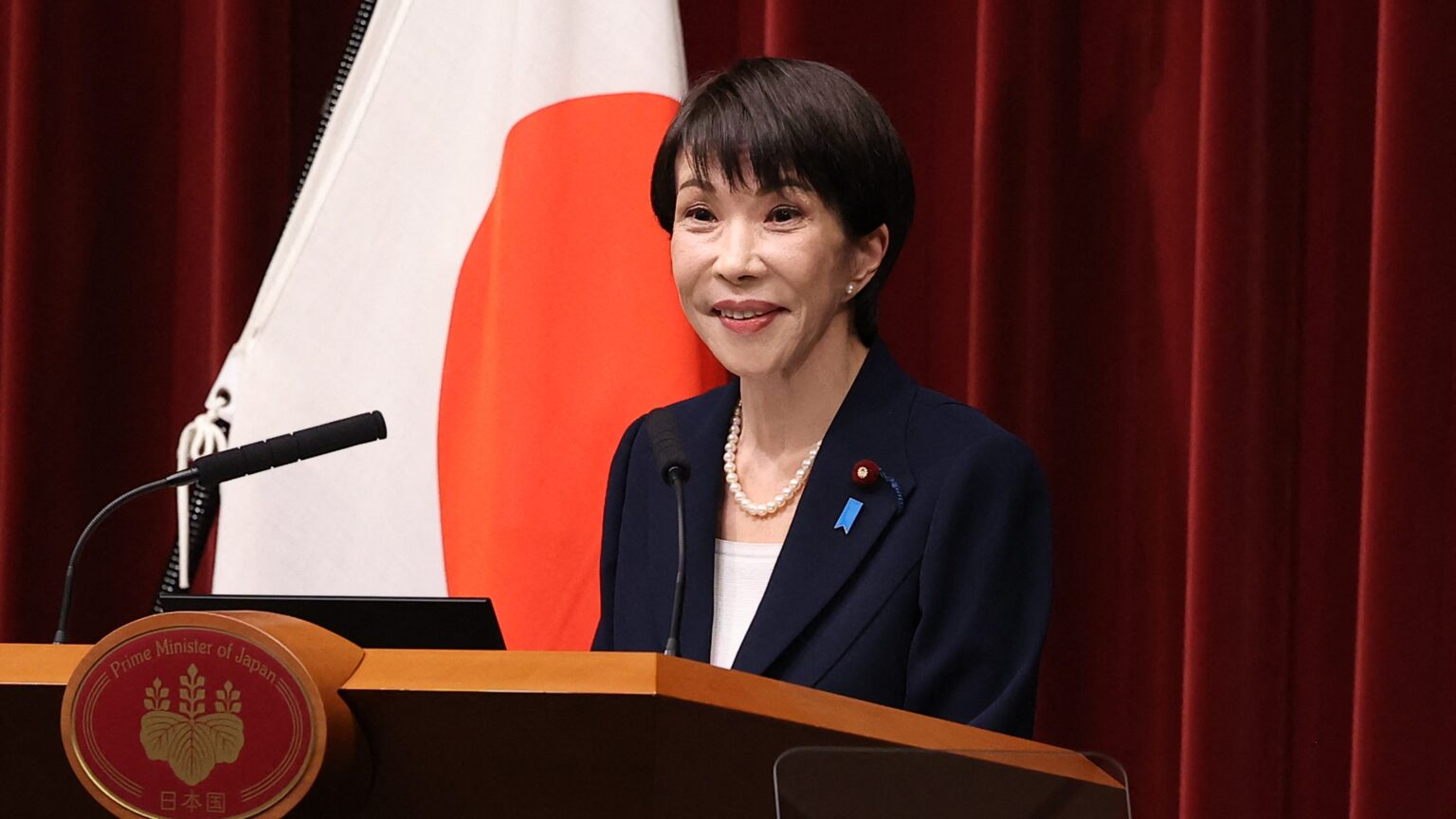
‘Takaichi claims that internal party polling shows the LDP could potentially win a standalone majority without relying on coalition partners’ seats if snap elections are held now. However, it is unclear whether traditional LDP supporters will be so quick to back the new LDP–Japan Innovation Party alliance over their former Komeito comrades.’
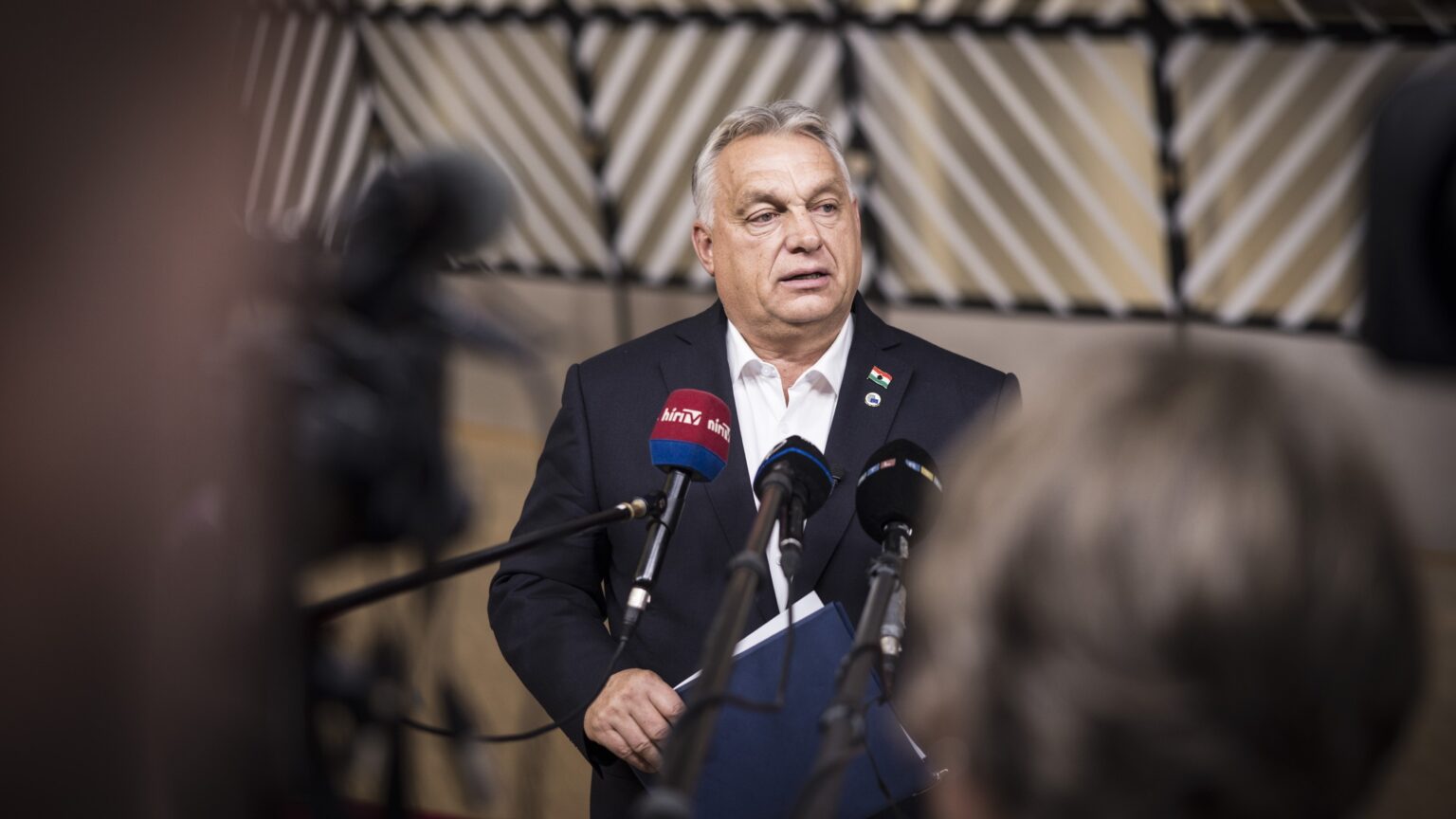
Prime Minister Viktor Orbán said Hungary will not approve the EU Mercosur trade agreement as long as a national government is in power, accusing Brussels of deceiving farmers and bypassing national parliaments.
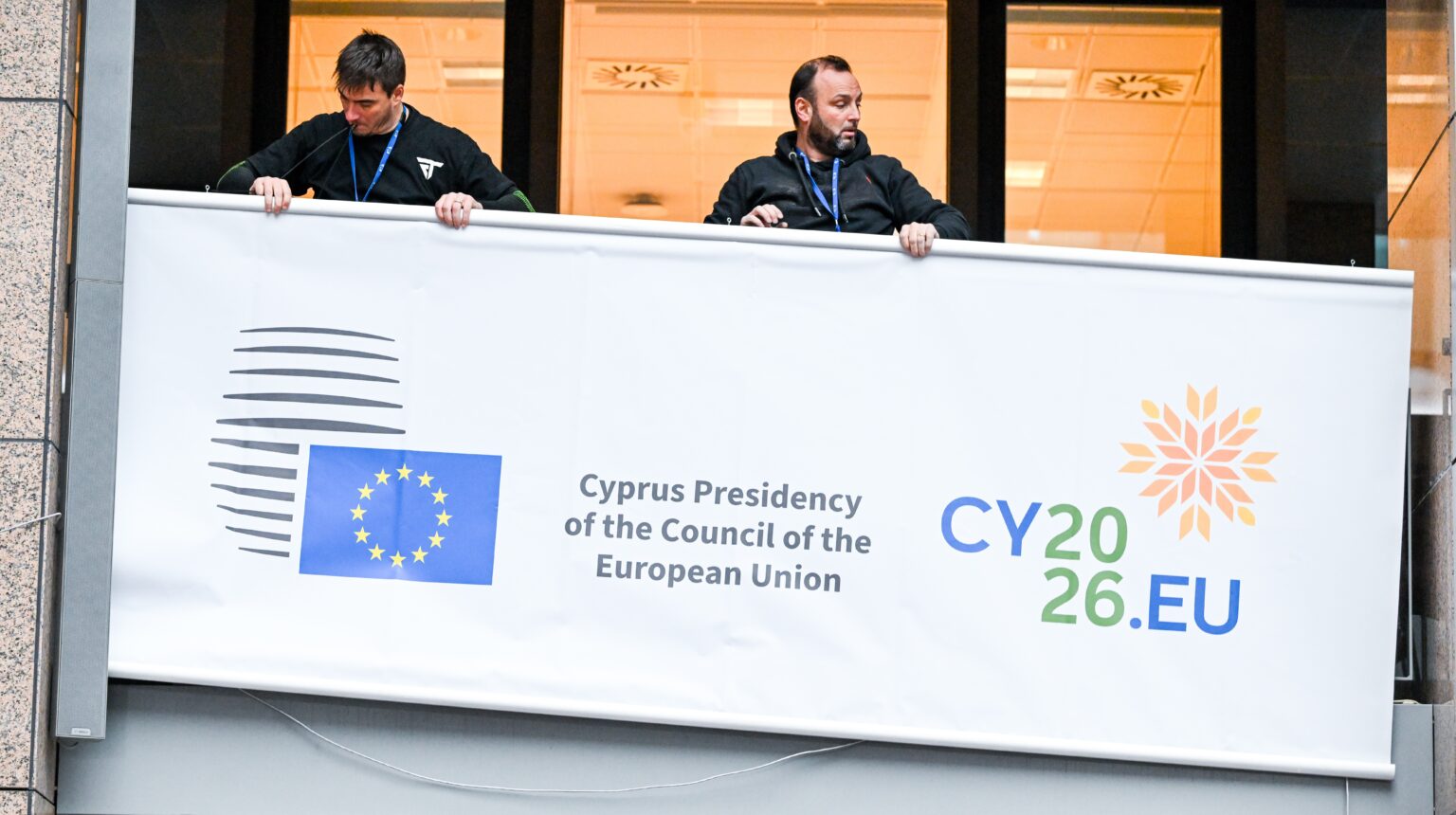
‘The goal of the Cyprus Presidency…is aligned with the concept of strategic autonomy: a union that would strengthen the EU’s global role amid geopolitical turmoil. The emphasis on security, defence, energy security, and competitiveness could yield positive results, but it should be noted that while the programme is ambitious…it also stretches beyond the EU’s traditional scope.’

‘The return of the power of the Marque will underscore enduring truths in global affairs: that laws of war bend to state needs, and quasi-legal private forces remain potent instruments.’
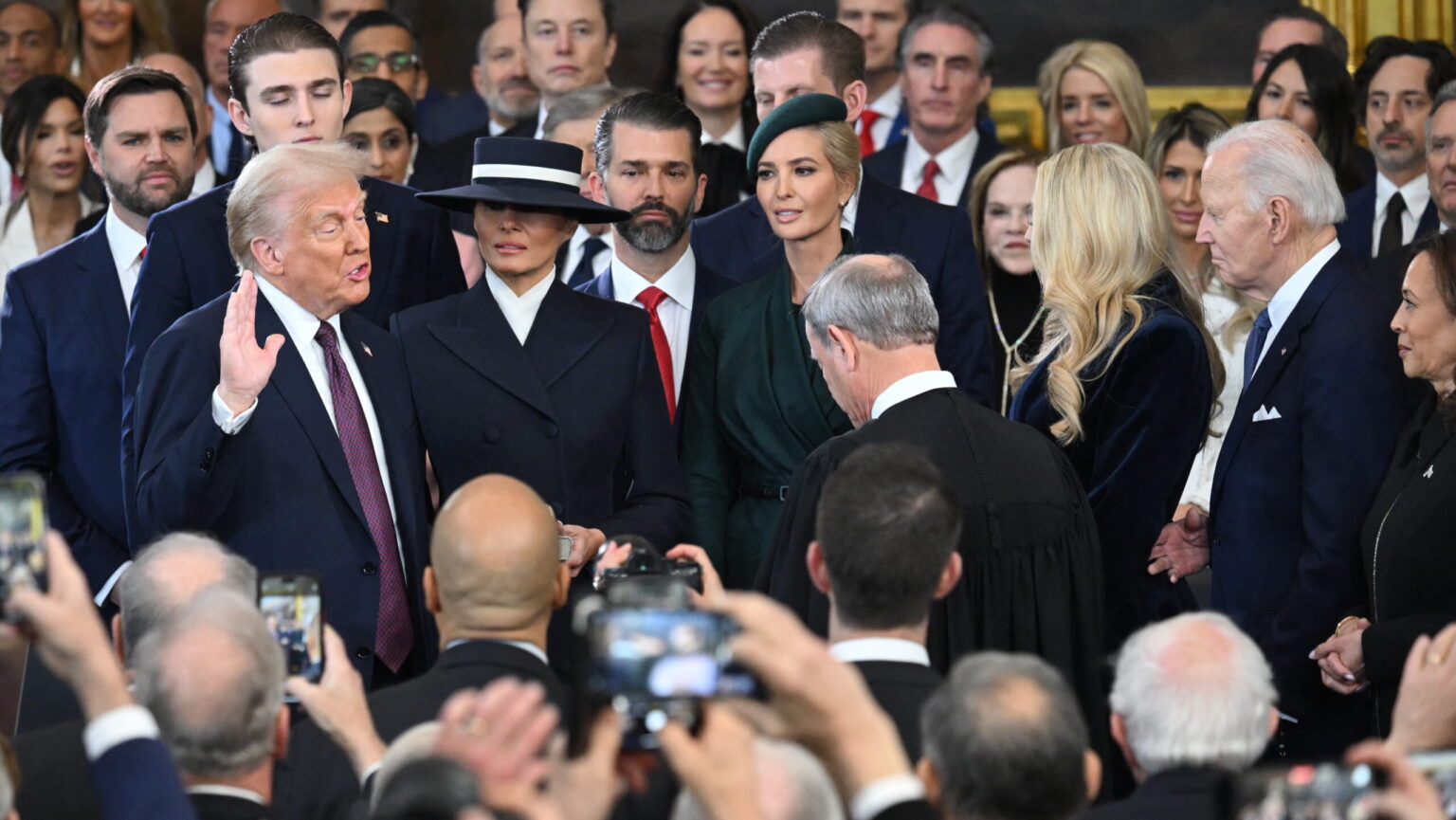
In his inauguration speech a year ago today, President Trump spoke about issues of domestic lawfare, border security, energy, peace, territorial expansion, and government efficiency. Now, one year later, it is worth examining: how has his second presidency measured up to those promises?

‘The proof of the slur “woke’s” uselessness is that mass indifference to and aversion toward “woke” policies has done nothing to prevent their enforcement in the first place; therefore, the mass appeal of anti-woke content will likewise do nothing to counter these policies.’
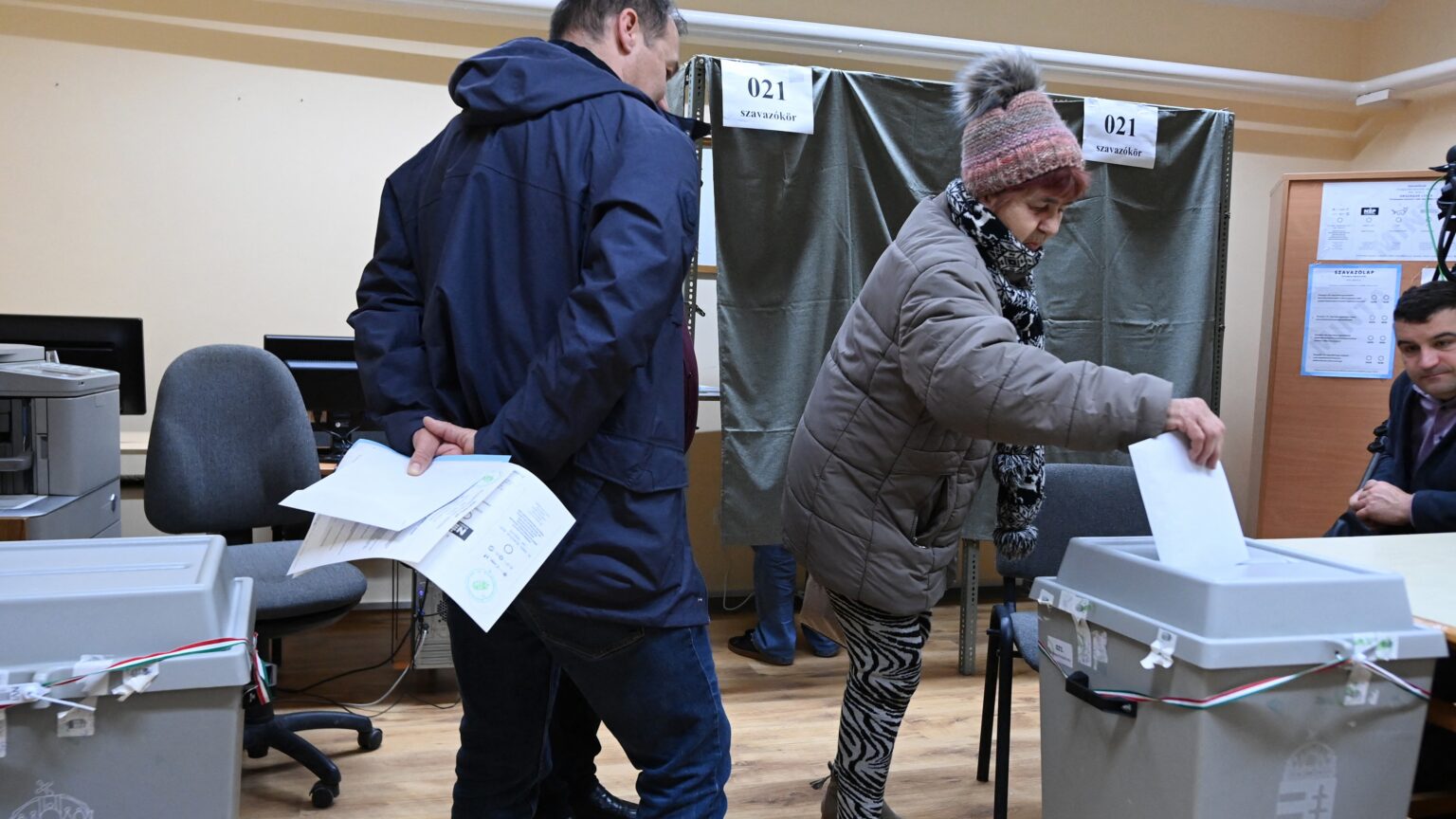
‘Hungarian voters must decide: will they continue to entrust Fidesz with the authority to lead them through the geopolitical storm, or will they take a bet on Péter Magyar’s Tisza Party to lead Hungary with a new style of government?’